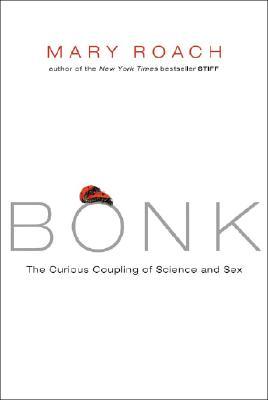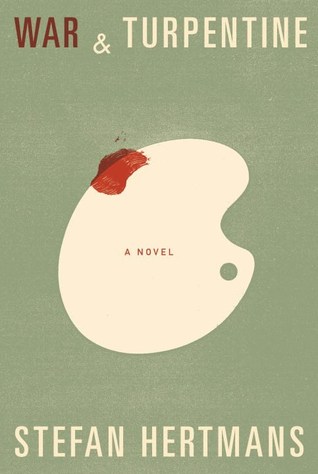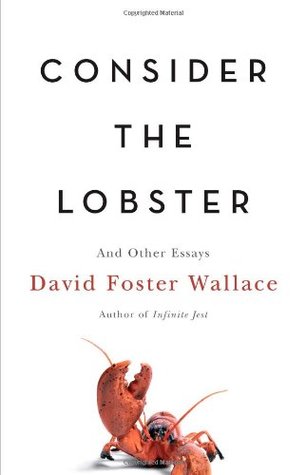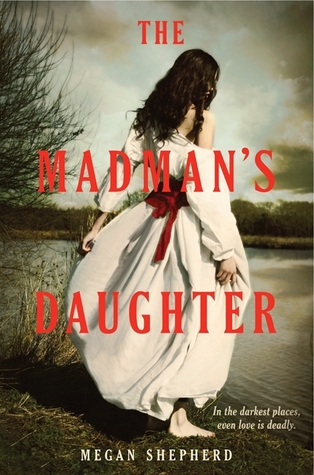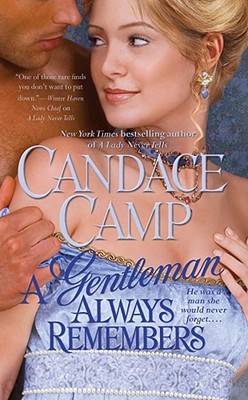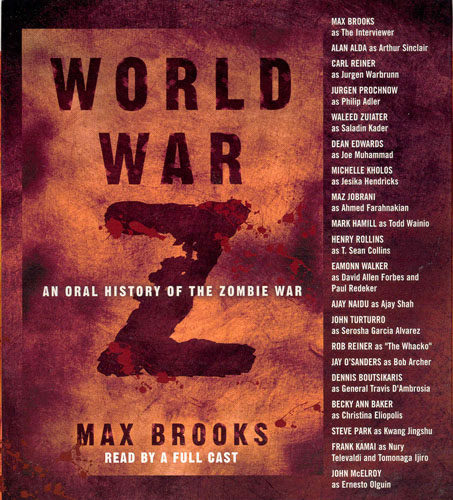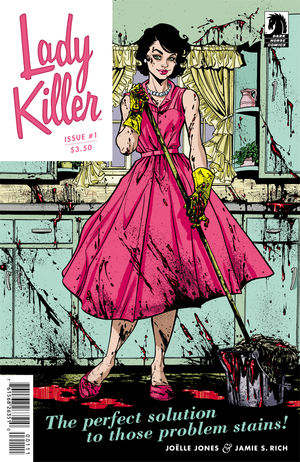 |
| HarperTeen |
Strange and Ever After
Susan Dennard
2014
The Summary
"It has been a tumultuous time for Eleanor Fitt since life as she knew it in Philadelphia came abruptly to an end. While the Spirit-Hunters--Joseph, Jie, and Daniel--have helped her survive her brother's violent death and an invasion of Hungry Dead, Elanor has lost just about everything.
"And now, Jie is missing--taken by the evil necromancer Marcus. Eleanor is determined not only to get her back but to end this nightmare altogether. But to do so, she must navigate the hot desert streets of nineteenth-century Egypt amid the rising Dead, her unresolved feelings for Daniel, and her volatile relationships with Joseph and Oliver, her demon. And it won't be easy. Because now Allison, her friend from Philadelphia, has tagged along, becoming strangely entangled in Eleanor's mission.
"It will take all of Eleanor's powers of black magic, and all of Daniel's and Joseph's trust, to succeed. But there will be a price. And only when it is over will Eleanor truly be able to live a strange and ever after life.
"In the conclusion to this epic trilogy, which began with
Something Strange and Deadly and continued with
A Darkness Strange and Lovely, Susan Dennard will have readers on the edge of their seats, breathless with anticipation, and begging for this story
not to end."
The Good
Strange and Ever After is, like the other books of the Susan Dennard's trilogy, pretty enjoyable. It combines many of the same elements--the mystery, magic, and intrigue--I'd found appealing in her last novels, and it has many of the same characters I'd liked in the past. Although the plot began to run a little thin after reading two books dedicated to the exact same subject (i.e. chasing down Marcus and stopping his villainy), it did a fair job of bringing the story to a close.
(Not to say that I was pleased with the conclusion, but more on that later.)
Egypt was also an interesting choice of location for the trilogy conclusion. After spending an entire book in Philadelphia, then a second in Paris, it seemed like such a strange change of course. Granted, I suppose the last two books hinted at the course of the story, but I have to say I was still a little surprised. It was an interesting deviation--and, admittedly, I was intrigued to see where their journey would lead.
Like
Something Strange and Deadly and
A Darkness Strange and Lovely, I was oddly attracted to this novel. It's something like a guilty pleasure: no great epic, no poetic lines of verse, but a fairly enjoyable, action-filled story that drags you in and doesn't let go. I wanted to see how the story would end, and I was determined to finish what I started, even if I did begin to lose a little interest along the way.
The Bad
I felt like this novel introduced too many new concepts to the story that it only briefly touched upon in the previous two. For instance, it dives deep into Egyptian myth and belief, pulling ancient Egyptian gods from the ether, shining a bright searchlight on the realm of the realm of the dead, which it didn't even remark upon in past books. Sure, it's hinted at by Elijah in the first book and it's explored in passing by Oliver in the second, but it truly comes to fruition in the third.
Which doesn't make sense to me. The natural progression seems distorted, especially since it started to explore voodoo and necromancy, which feel like very distinct entities entirely separate from ancient Egypt. It felt like a jarring transition, especially since I was very curious about Joseph's and Marcus's education in New Orleans. I think that would have proved a more interesting direction, but that's just my opinion.
Moreover, I was quickly exhausted by the journey. It felt like it lasted
forever and it just kept adding twists to the plot, making the story last altogether too long. I mean, I could have dealt with one less betrayal; likewise, I could have dealt with less about the intervening journey--or how much Eleanor wanted to kill Marcus (I could have done with less of her internal dilemmas)--and would have appreciated much more description.
After reading
Crocodile on the Sandbank by Elizabeth Peters, which also takes place in Egypt, I realize what I missed in Dennard's final novel: setting description. It falls very short in the third novel and, as I think about it more, it's a great disappointment. I feel like much of it was left to the imagination, leaving me to connect the pieces and envision the landscape from my own recollections of movie/TV cliches.
Yes, I was a little disappointed.
The Ugly
The conclusion.
Most of the time, I can live with the death of a familiar character if it seems necessary or if I'm braced for it. I can handle tragedy, even if it breaks my heart. I survived reading J.R.R. Tolkien's
The Children of Húrin and John Green's
The Fault in Our Stars and Markus Zusak's
Book Thief, so I think I know how to handle the death of a main character and handle it gracefully.
That is, I may bawl like a baby and lament the death of my favorite characters, but I don't condemn the book for playing with my emotions or socking me in the gut. It's part and parcel of the story. While I may not like it, while it may be unexpected or heart-rending or just plain upsetting, I usually accept what happens and, sometimes, I even find those books that evoke the most emotion are the best ones I read.
For crying out loud,
The Fault in Our Stars and
The Book Thief are two of my favorite books. I love them, and I will read them again and again despite the heartbreak I endure.
However, I didn't feel that way about
Strange and Ever After. When one of the main characters died--I won't say who, because I don't want to spoil the horrible surprise for other readers--it ruined my entire reading experience. Sure, in hindsight, I can see a couple of the red flags that should have warned me as to what was going to happen. And, yes, I can see how it set events in motion that brought Marcus to his knees.
But I don't care.
This one death, this one person who had to die for some ancient riddle to be solved, completely ruined the novel for me. It seemed so entirely pointless, given what I know about the other characters and their abilities. I don't care if the novel closed with the characters picking up the pieces, honoring their fallen comrade and moving on to a better, brighter future. It simply isn't enough. It will never be enough to redeem this novel for me.
